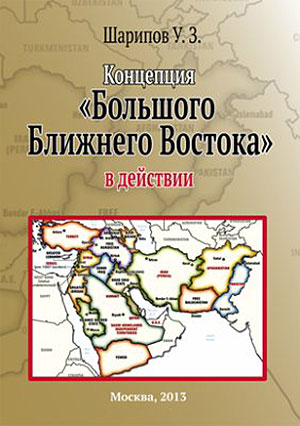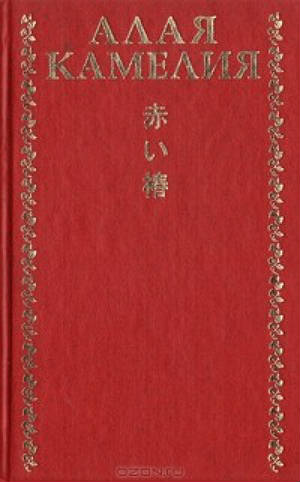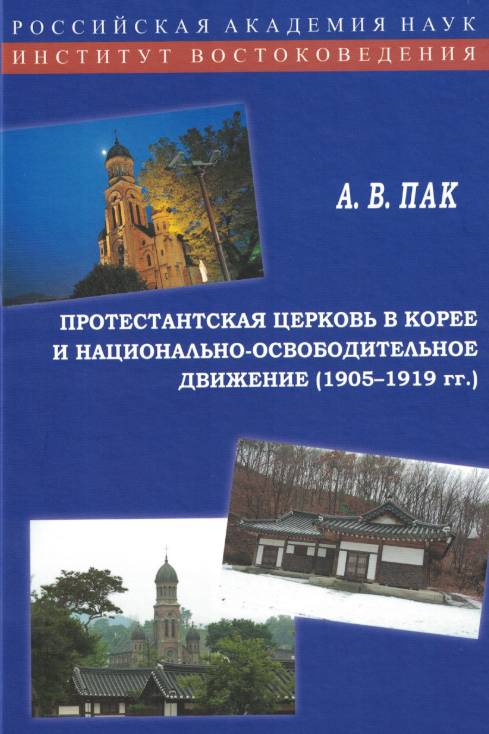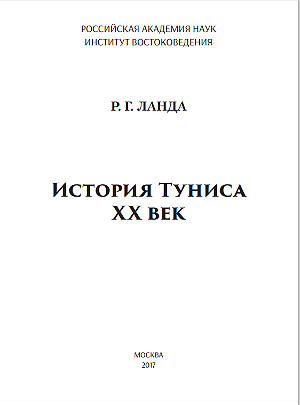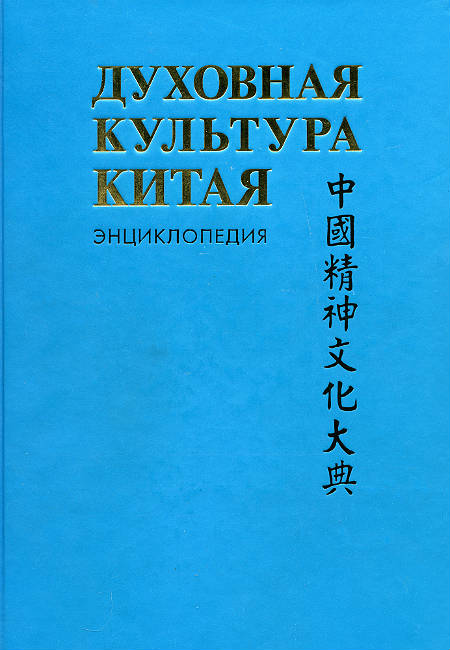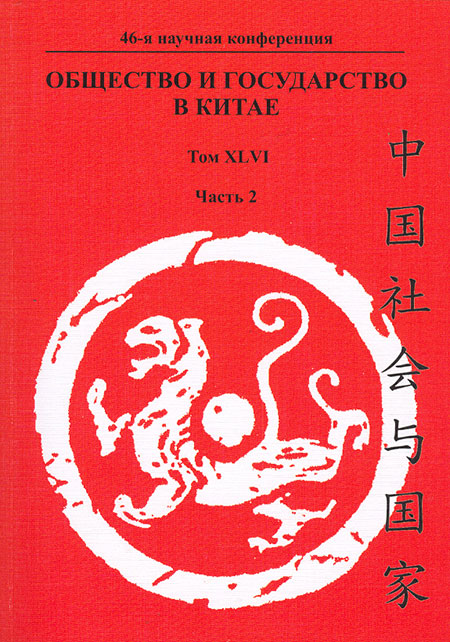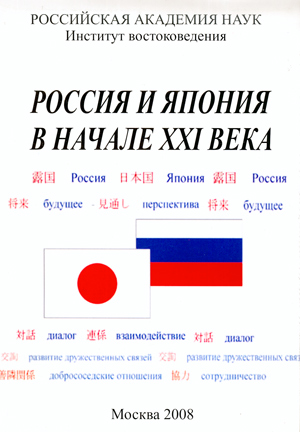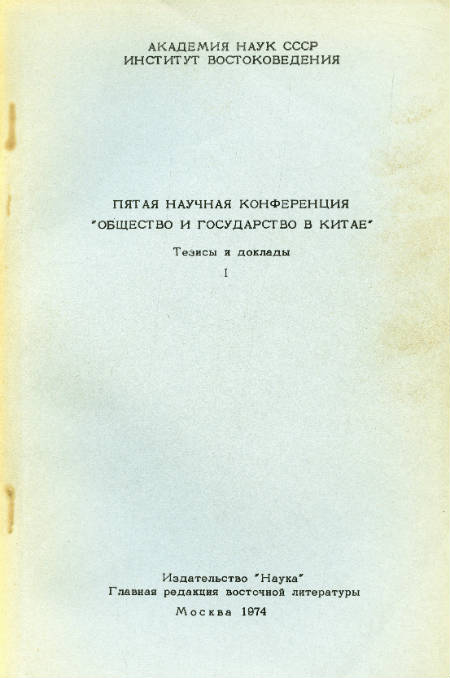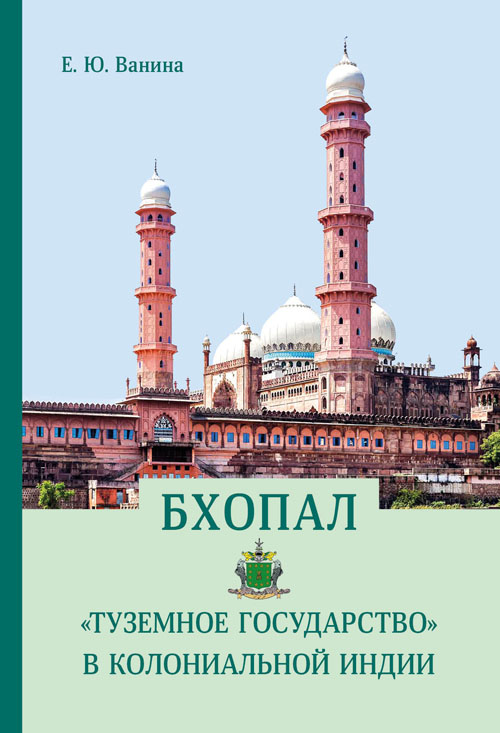Book
BHOPAL, A ‘NATIVE STATE’ IN COLONIAL INDIA
Institute of Oriental Studies of the Russian Academy of Sciences
Москва, 2024, 304 p.
Bhopal, one of many ‘native states’ in colonial India, emerged as a result of the disintegration of the Mughal empire. Its difference from other principalities of that kind was in being ruled, for four generations, by Muslim women. Based upon various archival and printed sources like official documents, letters, memoirs, reports, travelogues, etc., this book discusses Bhopal as a case study of the native statehood phenomenon in British colonial realm. Chapter I, Princes and Princesses, narrates the history of the princely state from the establishment of the dynasty to the last nawab (ruler) who was destined to surrender his ancestral domain to the nascent Republic of India. Chapter II, State and Subjects, discloses territorial formation of the state, the rulers’ activities in appropriating, developing and governing the controlled space. Chapter III, Palaces and Servants, deals with the servants who provided the ruling family with not only comfortable and luxurious lifestyle, but also with status and prestige. Chapter IV, Suzerain and Vassal, analyzes the intricacies of the Bhopal rulers’ position as sovereign kings and at the same time vassals to the East India Company and later to the British crown. Chapter V, ‘East’ and ‘West’, studies the views of the nawabs who combined the ‘Eastern’ and ‘Western’ traditions, were loyal to the Islamic tenets and open to European influences, professed conservatism and supported reformist movements. Bhopal` s case offers an interesting material to contemplate upon the nature of ‘native states’ within British empire. The book brings forward the concept of colonial vassalage, questioning the overwhelming and unambiguous character of ‘colonial modernization’.
РУССКАЯ ВЕРСИЯ: Бхопал: «туземное государство» в колониальной Индии

